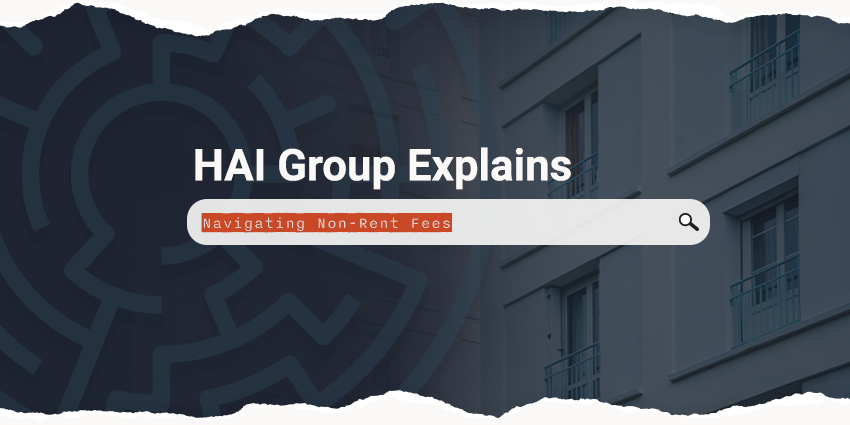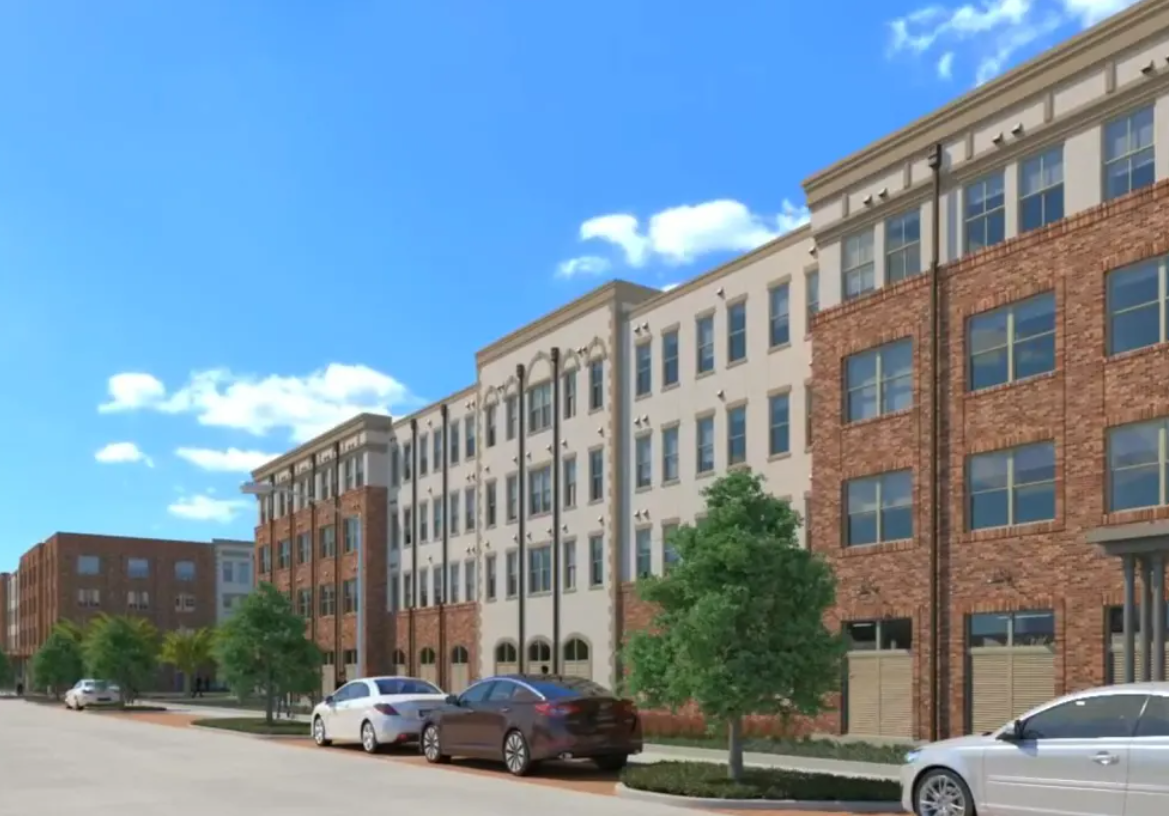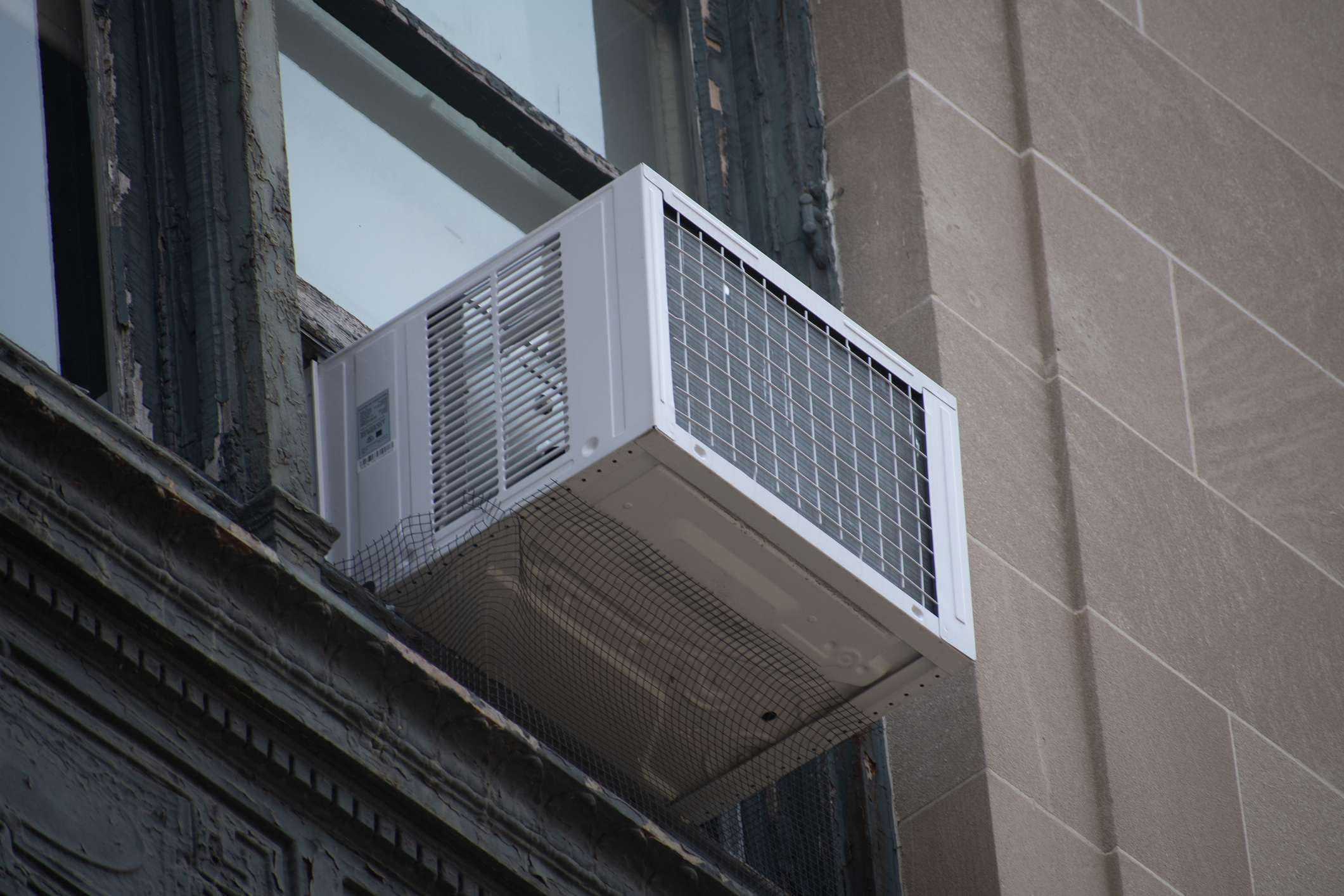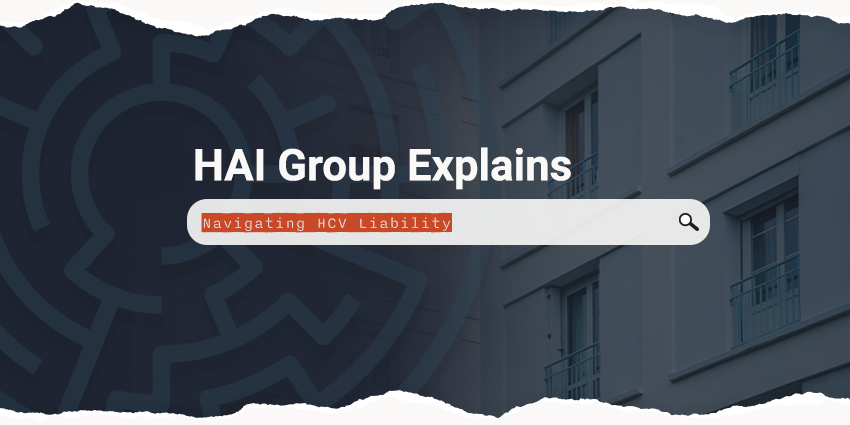Property owners and managers face the challenge of interpreting and adhering to the regulations and guidelines established by the Department of Housing and Urban Development (HUD). Among these complexities lies the realm of non-rent fees in HUD-assisted properties.
When properly understood and implemented, these fees can contribute to the sustainability and success of affordable housing initiatives. However, it's crucial to distinguish between allowable and non-allowable non-rent fees to ensure compliance and fairness with HUD regulations.
In March 2023, HUD Secretary Marcia Fudge issued an open letter to the housing industry emphasizing the need for fair and transparent fees.
"Many renters today face fees that are hidden, duplicative, or unnecessary as part of the housing search and leasing process," Fudge wrote. "These fees limit options for renters and strain housing budgets, particularly for renters with low and modest incomes who already face high rental cost burdens."
Fudge criticized application fees commonly used to cover tenant screening reports, which may contain "inaccurate information and questionable validity in predicting renter behavior." Prospective renters often lack the opportunity to review and rectify the information in these reports, leading to multiple application fees paid only to face repeated rejections for the same inaccurate reasons.
This blog aims to provide a comprehensive overview of the current policy governing fees that public housing authorities (PHAs) can levy on tenants, delineating between permissible and prohibited charges. It's important to note that this guidance solely addresses fees sanctioned by HUD and does not encompass any state or local fees or regulations that may apply.
Permissible public housing fees
Late payment of rent: PHAs may impose late fees if tenants fail to pay their rent on time. PHAs may not write their leases in such a way that if delinquent non-rent charges (such as charges for late fees, charges for repairs due to tenant-caused damage, or other fees) are not paid on time, the fees are deemed delinquent rent. If non-rent charges are classified as delinquent rent, they cannot legally be collected because they would result in the family rent payment exceeding the income-based percentage allowed by statute.
Security deposit: PHAs may request a security deposit, but the deposit cannot exceed one month's rent, or a reasonable fixed amount set by the PHA. If the PHA requires a security deposit, it must be listed in the lease. PHAs may enact policies to allow tenants to gradually accumulate security deposits. Subject to applicable law, the interest earned on security deposits must be returned to tenants when they vacate the unit, or if there is money owed by the tenant to the PHA, it may be used for tenant services or activities.
Pet fees and deposits:
- General occupancy developments: PHAs may require a nonrefundable nominal fee, a refundable pet deposit, or both.
-
Elderly/disabled developments: PHAs may require a refundable pet deposit, which may accumulate gradually. The maximum amount a PHA can charge for a pet deposit, on a per-unit basis, must not exceed the higher of the Total Tenant Payment or such reasonable fixed amount as the PHA may require or an amount periodically fixed by HUD through notice. PHAs may only use the pet deposit to pay reasonable expenses directly attributable to the pet's presence on the property. Such expenses would include, but are not limited to, the cost of repairs and replacement to the unit, fumigation, and animal care facilities. PHAs must return the unused portion of a pet deposit within a reasonable time after the tenant moves or no longer has the pet in the unit.
Note: These requirements apply to developments designated for occupancy by the elderly or persons with disabilities at their inception and those in which the PHA gives preference in tenant selection for all units in the development with HUD approval.
Damages and repairs: PHAs may impose reasonable charges (other than for normal wear and tear) for repairing damage to the dwelling unit, project buildings, facilities, or common areas caused by the tenant, household members, or guests. Such charges must not be classified as rent because they would result in the family rent payment exceeding the income-based percentage allowed by statute.
Returned checks: PHAs may charge fees when checks are returned (e.g., checks returned for insufficient funds). The fee must be stated in the PHA's ACOP. All returned check fees are not considered rent because that would result in the family rent payment exceeding the income-based percentage allowed by statute. A returned check could lead to additional penalties for late payment of rent, as stated in the lease.
Keys and locks: Lock replacements are typically listed on a schedule of charges in addition to rent. At the end of the lease agreement, the PHA may charge the tenant an amount for unreturned keys. Such charges must not be classified as rent because they would result in the family rent payment exceeding the income-based percentage allowed by statute.
Utility fees: The lease must state what utilities, services, and equipment are to be supplied by the PHA without additional cost and which utilities and appliances are to be paid for by the tenant. The lease also must provide for charges to the tenant for consumption of excess utilities.
Prohibited public housing fees
Application/screening fee: PHAs may not charge application fees or pass along to tenants or applicants any expenses associated with screening, which includes fees for a criminal background check, credit check, or third-party income verification (note that an individual being added to an existing household is considered an applicant).
Criminal background checks: PHAs may not charge fees to obtain criminal background checks. Such costs are considered project expenses and must not be charged to any public housing tenant.
Inspections: The PHA may not charge a family for an inspection. The lease must provide that the PHA inspects a unit before and during move-out. The lease must also set forth circumstances under which a PHA may enter a tenant's unit, such as for routine inspection during the tenancy.
Verifying income and eligibility: PHAs may not charge fees to verify income and eligibility.
Credit report fees: PHAs may not charge applicants fees to obtain their credit report. This also applies to any individual being added to an existing household.
Attorney/legal costs: HUD prohibits clauses in the lease that require the tenant to pay attorney's fees or other legal costs when a PHA acts against a tenant, even if the tenant prevails in court. However, a tenant may be obligated to reimburse the PHA for attorney fees or other costs by court order.
Assistance animal fees/deposits: A PHA may not charge a pet deposit or fee for an assistance animal to public housing tenants.
Auxiliary aids and services: PHAs may not charge applicants or participants for appropriate auxiliary aids or services, including ensuring that information is provided in appropriate accessible formats (e.g., Braille, audio, large type, assistive listening devices, and sign language interpreters).
Community room for tenant organizations: If requested, a PHA should provide a duly recognized resident council office space and meeting facilities, free of charge, preferably within the development it represents.
HUD regulations permit property owners and managers to charge certain non-rent fees to tenants in HUD-assisted properties. These fees are intended to cover legitimate expenses associated with the provision of additional services or amenities beyond basic housing. Some common examples of allowable non-rent fees include:
Fee resources for voucher and multifamily housing programs
Regulations governing fees vary between HUD-subsidized voucher and multifamily housing programs compared to the public housing program. Access fee information for these specific programs through the links provided below:
- Policy on Non-Rent Fees in Housing Choice Voucher (HCV) and Project-Based Voucher (PBV) Programs
- Policy on Non-Rent Fees for HUD-Subsidized Multifamily Housing Programs
Bottom line: Regularly review HUD's fee regulations
It's essential for property owners and managers to thoroughly review HUD regulations and guidelines about non-rent fees to ensure compliance and avoid potential penalties or legal issues. By understanding the distinction between allowable and non-allowable non-rent fees, stakeholders can effectively manage their properties while providing affordable and sustainable housing options for low-income individuals and families.
This article is for general information only. HAI Group makes no representation or warranty about the accuracy or applicability of this information for any particular use or circumstance. Your use of this information is at your own discretion and risk. HAI Group and any author or contributor identified herein assume no responsibility for your use of this information. You should consult with your attorney or subject matter advisor before adopting any risk management strategy or policy.






